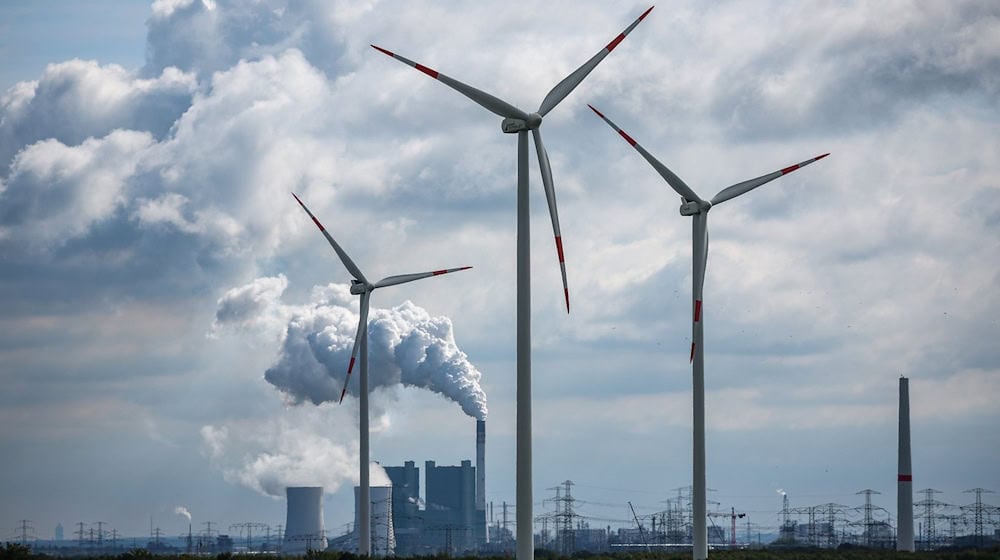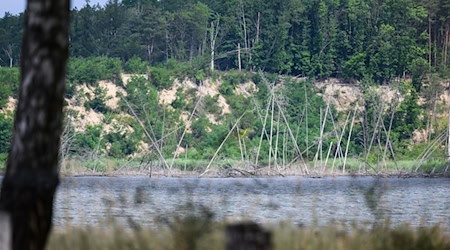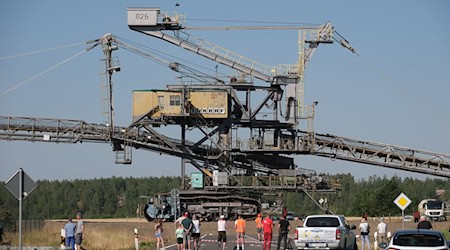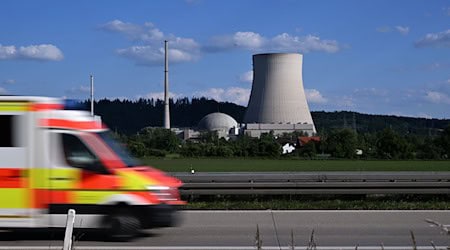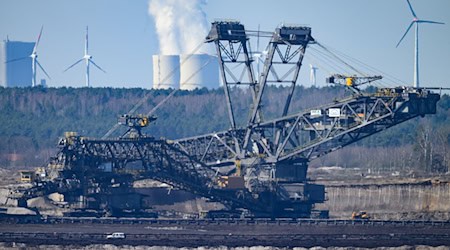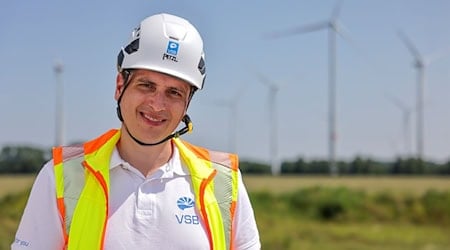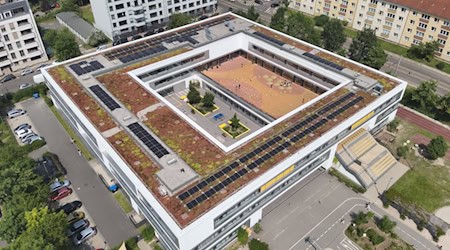The federal government wants to expand the scope for state funding programs in the former coal regions and thus accelerate structural change. Direct investments in company relocations are now also to be made possible. Funds should also be made available for the establishment of the solar industry, for example, said Economics and Climate Protection Minister Robert Habeck (Greens) on Monday at the East German Economic Forum in Bad Saarow, Brandenburg.
Early coal phase-out in the east too?
A paper from the Ministry of Economics and Climate Protection emphasizes that the legally agreed phase-out of coal-fired power generation by 2038 is still in place with regard to the eastern German coal-mining regions. "The Federal Government will not make any political efforts to change this statutory deadline." A possible market-driven phase-out before 2038, as well as measures by the federal states and coal-mining regions, would remain unaffected by this.
The background to this is a reform of European emissions trading, which is intended to make climate-damaging coal-fired power generation increasingly unprofitable. The ministry also refers to the ongoing expansion of renewable energies as well as the planned construction of new gas-fired power plants that are to be converted to hydrogen - and the legal possibility of bringing forward the coal phase-out to 2035.
The paper states: "In the event that coal-fired power generation is no longer profitable well before 2038 and the phase-out also comes earlier in the eastern German coal regions, it is important to prepare the transition as well as possible now."
For the Rhenish mining area, politicians and the energy company RWE have agreed to phase out coal eight years earlier to 2030.
Habeck had said at the beginning of 2023 that a phase-out brought forward to 2030 in the east would also have to be agreed by consensus. "This will not be decided par ordre du mufti, but must be perceived as a good plan in a broad alliance."
Federal government wants to provide more targeted help
The federal government is supporting structural change in the coal regions with billions in funding. According to the paper, many public projects and infrastructure investments have already begun in the coal regions. However, there has so far been a lack of opportunities to specifically promote innovation and investment by companies in areas such as transformation technologies.
This is now set to change: In future, the federal government also wants to support direct investments in company relocations - for example, the establishment of production capacities for the manufacture of batteries, solar panels, wind turbines or heat pumps. This is intended to strengthen the local economy, reduce structural dependence on fossil fuels and accelerate the transformation of the industry.
Habeck said that financial aid had previously been tied to the development of infrastructure. With the new opportunities, the federal government is now responding to a request from the regions. Companies wanted to settle here and there was money that was not being spent - "because the twelfth bus stop shelter is not needed. There is money, there are companies. Now we are bringing it together."
Funding periods for financial aid are to be made more flexible, according to the ministry. It should also be possible to spend unused project funds up to three years after the end of a funding period. In addition, the federal "STARK" program is to be expanded in coordination with the federal states. In order to improve the transport infrastructure in the mining areas, the planning of rail projects that have already been approved should be started, including the expansion of the Berlin-Görlitz line.
Copyright 2024, dpa (www.dpa.de). All rights reserved

